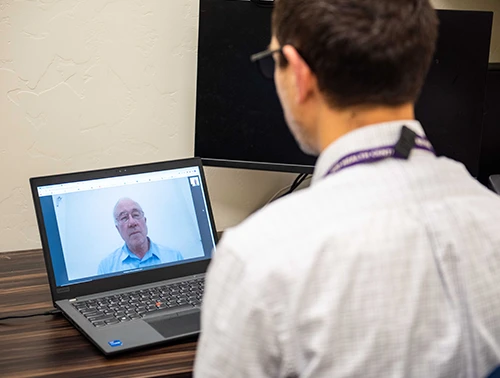MAVEN Project partners with Direct Relief and the Texas Association of Community Health Centers to provide training on trauma-informed care and emergency preparedness
Safety net clinics are delivering health care to millions of Americans every year. They provide much-needed medical attention that patients wouldn’t be able to access care otherwise, reaching those who are homeless, refugees, from disadvantaged communities and minority populations, many of whom have experienced untold traumas in their life.
As part of MAVEN Project’s commitment to improving access to care for the most vulnerable, we’re partnering with Direct Relief and Texas Association of Community Health Centers (TACHC). The partnership is expanding on an existing trauma-informed care and emergency management education series that will help frontline primary care providers better provide compassionate care to those who need it most, while also preparing for potential crises.
Thanks to the generous funding from Direct Relief, providers at all MAVEN Project partner clinics – along with Direct Relief partners and TACHC members – have access to the training. The goal is to ensure providers are prepared to care for those who have experienced trauma, becoming a bridge to healing when individuals seek care and attempt to access well-being through medical, dental, behavioral health services, or addressing substance use.
Trauma-informed care training prepares health care professionals to identify signs of trauma and better aid patients who are experiencing the impacts of toxic stress and/or adverse childhood experiences. Instructors rely on trauma-informed care principles: Safety, Trust, Choice, Collaboration, Empowerment, and Cultural, Historical, & Gender factors.
The series will cover a wide variety of trauma- and emergency-related topics, including:
- Trauma & how it affects the body and brain
- De-escalation tactics
- Understanding and assessing active threats
- Providing trauma-informed care for diverse populations
- Responding to natural disasters, displacement, etc.
- Crisis management and planning tactics
- Trauma-informed care in the aftermath of emergencies
Frontline health care professionals deserve to be equipped with the most impactful training possible. By augmenting medical consultations with targeted education and mentoring, we improve patient outcomes, increase provider confidence, and minimize burnout.
###





